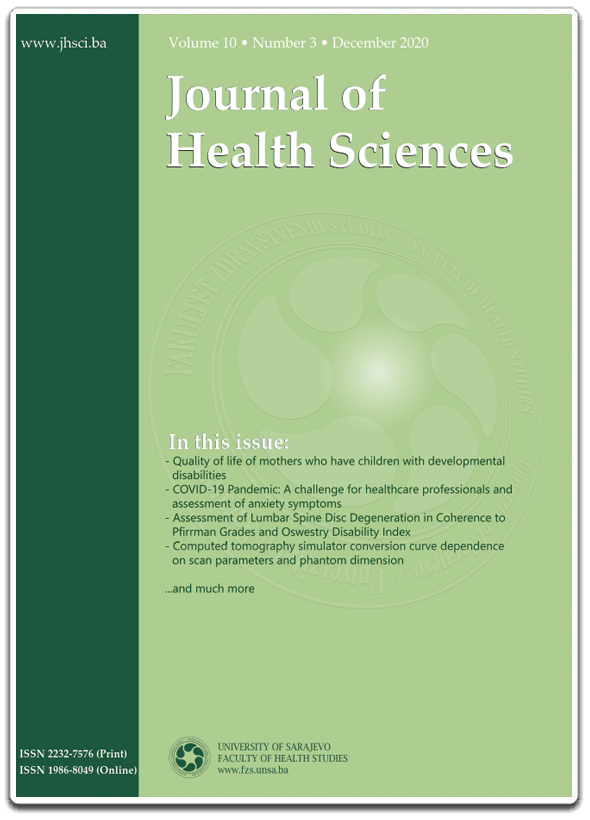Physical ability in bariatric patients - improvement needed by supervised and individual approach
DOI:
https://doi.org/10.17532/jhsci.2017.447Keywords:
bariatric surgery, obese patients, body mass index, physical activityAbstract
Introduction: Physical activity (PA), exercise, and lifestyle intervention are basic interventions to reduce short- and long-term surgical and non-surgical complications in bariatric patients. The purpose of our study was, first, to evaluate the importance of individualized, professionally guided training, encouraging PA, and subsequent positive effects of physical ability and body composition following a structured and supervised exercise program.
Methods: A total of 11 morbidly obese male (n = 4) and female (n = 7), aged 30–54 years, previously subjected to bariatric surgery, were recruited and subjected to 10-weeks structured and supervised exercise protocol with nutritional counseling and motivational support, consisting of twice weekly aquatic and outdoors training sessions. The same protocol was applied to the control group but without supervision, counseling and support. Blood analyses, basic anthropometric measures, body composition analyses, and physical fitness tests were performed before and after the exercise protocol.
Results: The weight, body fat, BMI, systolic and diastolic pressures were mildly decreased after the exercise program, while sit-to-stand, handgrip, and one leg stance scores showed mild increase after the exercise program.
Conclusion: Obese bariatric surgery patients may benefit from structured, supervised exercise program with nutritional counseling and motivational support. Further studies with larger number of participants are needed to confirm the results.










